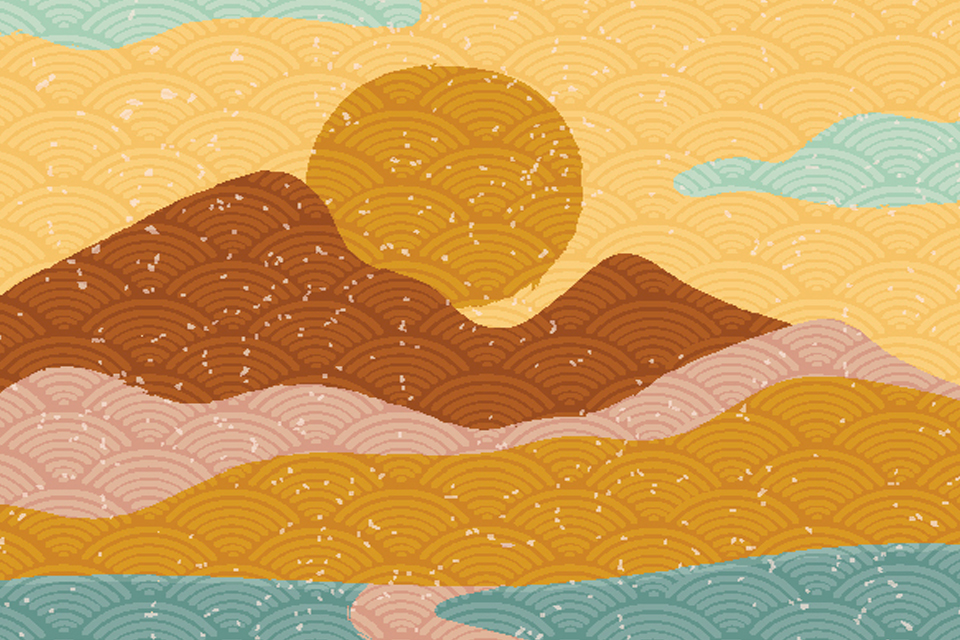On the island of Okinawa, Japan, there’s a common sentiment that guides its inhabitants: the long and pleasurable journey of living a fulfilling life. Known as one of the Blue Zones, Okinawa, which has the world’s most centenarians, is an island that’s characterised by its healthy, happy and fulfilled residents. Among their plant-rich diets, moderate exercise and sense of community, there’s one strong tie that binds them — a deep sense of purpose and the very reason for their being.
Ikigai explained
Translated as the reason for being, as iki means life and gai translates roughly to the realisation of hope, ikigai is an active verb that can also be translated as “to serve, to create, to delight and to nourish”. The Japanese believe that ikigai is a universal human experience, which, interestingly, is incredibly unique for us all. “Our ikigai is different for all of us, but one thing we all have in common is that we are all searching for meaning,” write Héctor García and Francesc Miralles, authors of Ikigai: The Japanese Secret to a Long and Happy Life. “When we spend our days feeling connected to what is meaningful to us, we live more fully; when we lose the connection, we feel despair.”
Simply put, ikigai is defined as our reason for getting out of bed in the morning. It’s characterised by what brings our lives purpose and joy. So, how can you pinpoint it within yourself? Observe what captures your attention and what you’re most passionate about.
How to find your ikigai
It’s one thing to be told to follow our purpose, and it’s quite another to identify it in ourselves. Héctor and Francesc say that rather than feeling overwhelmed by the quest, we should keep it incredibly simple: all we need to do is be led by our curiosity. “Our intuition and curiosity are very powerful internal compasses to help us connect with our ikigai,” they write.
There is no perfect strategy to connecting with our ikigai. The Okinawans express the importance of not worrying too deeply about trying to uncover our ikigai. So, rather than trying to identify it on a rational level, they recommend uncovering it on an intuitive one. “Life is not a problem to be solved,” write Héctor and Francesc. And once we’ve identified our unique reasons for being, it’s important to pursue and nurture them, which brings flow and balance into the everyday.
The very essence of ikigai is rooted in being, which serves as a gentle and timely reminder that being present doing what we love, while being surrounded by the people that we love, is the very expression of ikigai.
Want to learn more about being connected? Visit our connected archive page.




